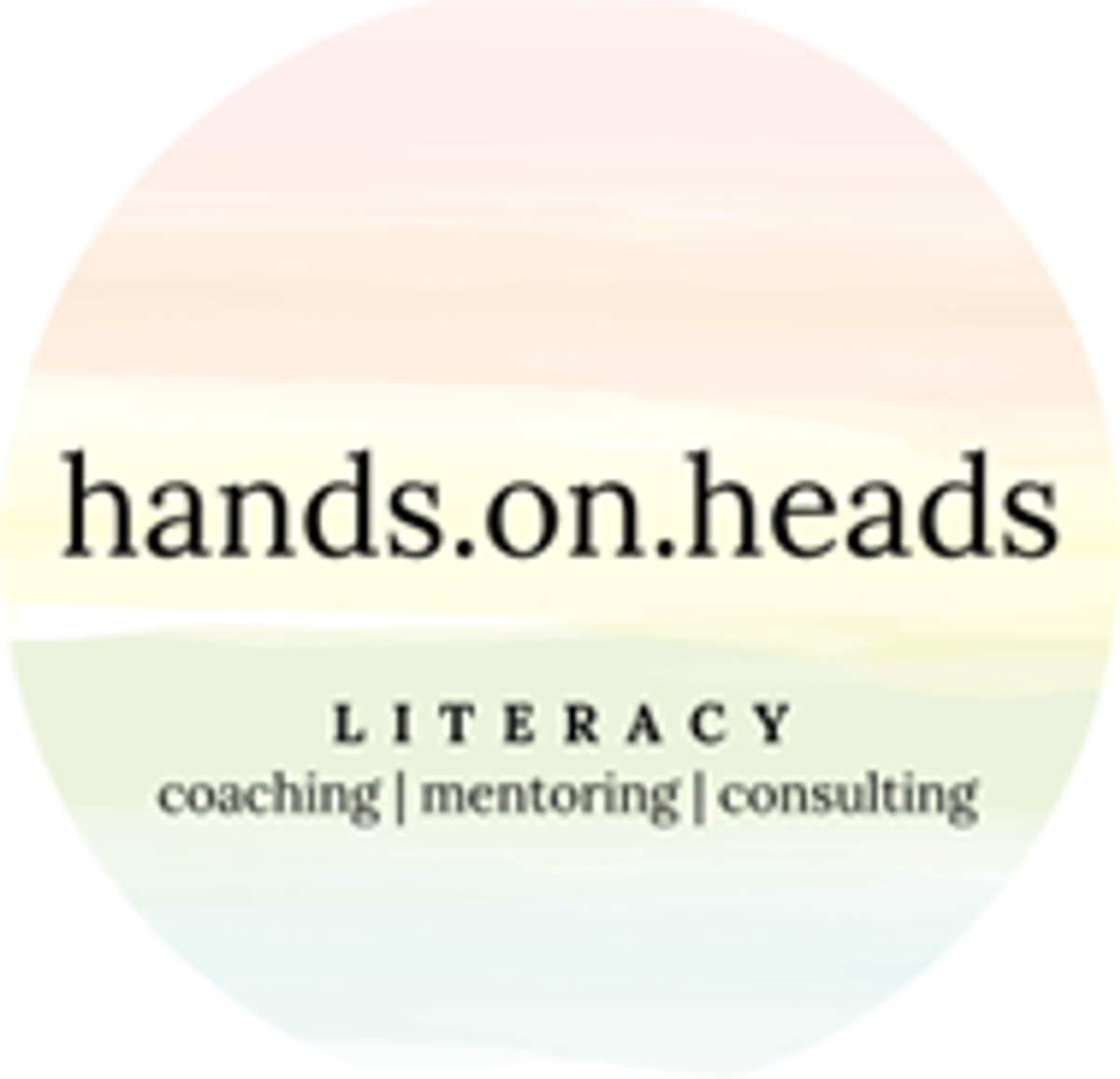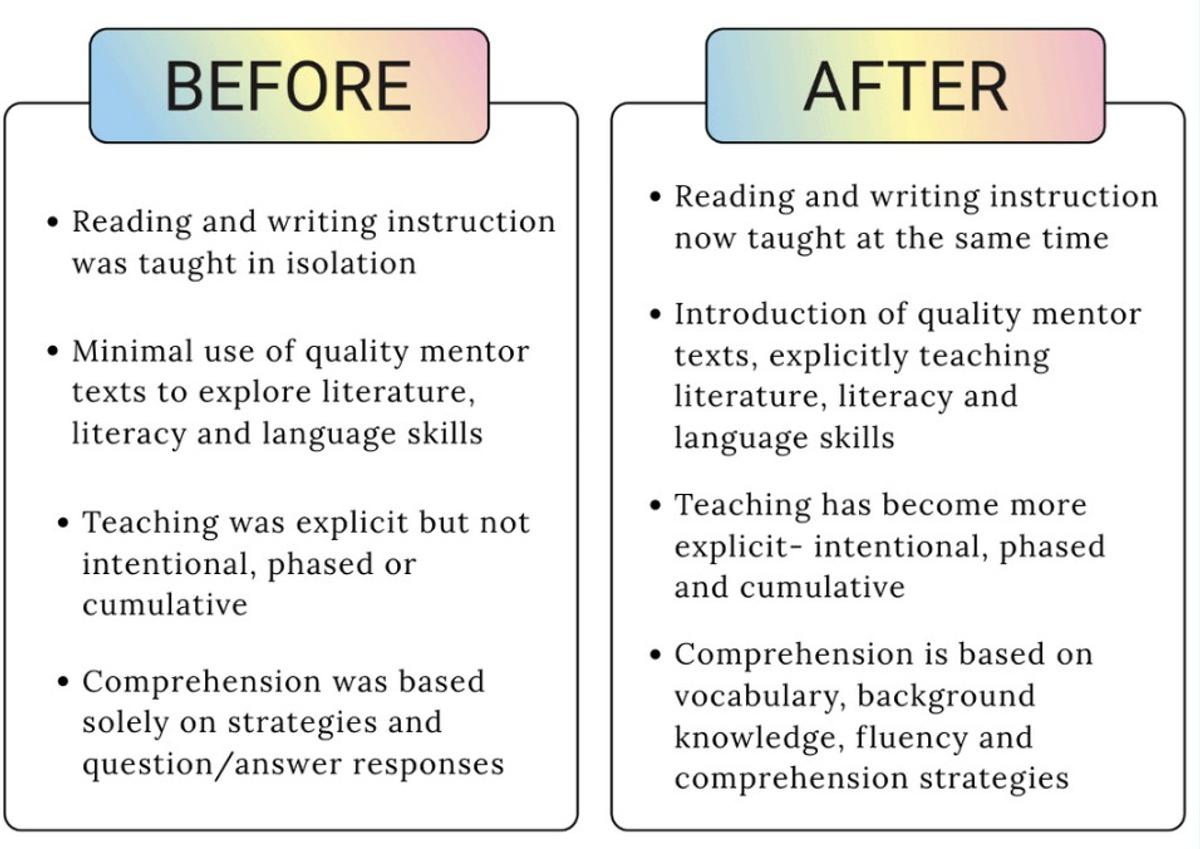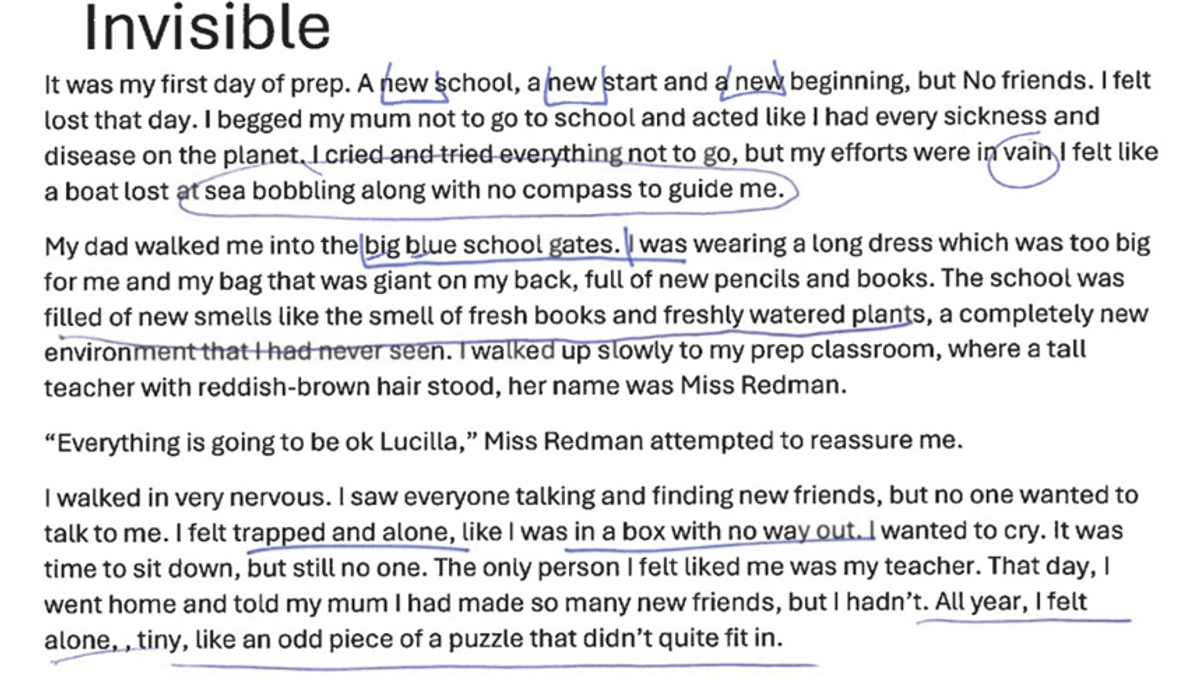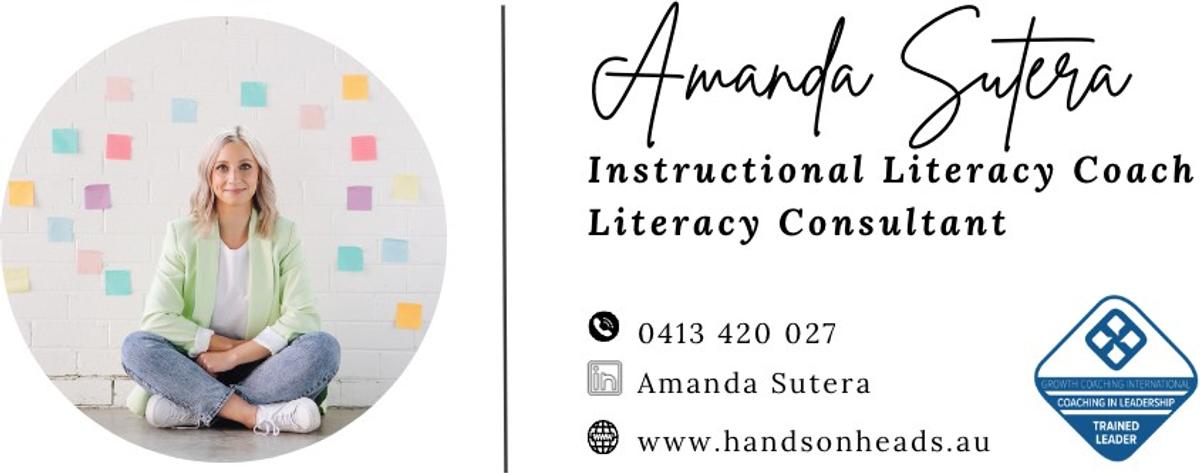Hands On Heads Literacy Coaching

Dear Principals,
Are your Curriculum Leaders and Literacy Learning Specialists currently supporting your teachers to restructure literacy blocks in Years 3-6?
Following a recent webinar I delivered, ‘Restructuring the Literacy Block in Years 3-6: What happens after decodables?’ I shared a case study of upper primary teachers who have been restructuring their literacy block since the beginning of 2024. I was brought in to support them to embed elements of a structured approach to literacy based on evidence, research and frameworks for depth and rigour.
Almost 2 years later, there is evidence of 'The Big 5 of Reading' in their literacy block, connections to the Reading and Writing Rope, and teaching that is cumulative, explicit and phased.
The most noticeable and impressive changes have been fluency routines, the explicit teaching of vocabulary, the teaching of reading, writing, speaking and listening skills through literature, language and literacy, and the implementation of The Gradual Release of Responsibility.
The biggest shift has been the teachers’ shared beliefs and understanding about ‘comprehension’.
I’m wondering if you are resonating with what you’re seeing in your teachers’ current literacy blocks in Years 3-6?
Recent Progress Monitoring data suggests students' oral reading fluency (and comprehension) has improved, indicating shifts in teacher practices are positively impacting student learning.
*Coaching tip- Select one of ‘The Big 5 (or 6)’ to begin with, such as fluency, otherwise teachers will be overwhelmed.
If you would like the recording of the webinar, please let me know (amanda@handsonheads.au).
Literacy in Years 7-9
During a recent classroom visit to a Year 10 English class, I observed the English teacher’s approach to vocabulary instruction. While our primary focus at this secondary school has been on supporting Year 7–9 teachers to explicitly teach vocabulary through evidence-informed frameworks and research-based models (because of how it contributes to comprehension), it was valuable to see how these practices were being applied beyond the intended year levels. This has been a positive ripple effect and unintended positive outcome of our partnership. Through building teacher capacity and knowledge of vocabulary, vocabulary instruction, and vocabulary strategies and routines, Year 7-9 English teachers are noticing the benefits of their instruction in students’ writing- the precision AND sophistication of language and word choices used in a variety of written texts.
Year 7 writing sample- beginning of 2025
Year 7 writing sample- mid-year 2025
Have a restful, well-deserved break once the end of term arrives, and I look forward to connecting with you at the APF Seminar and AGM next term.





